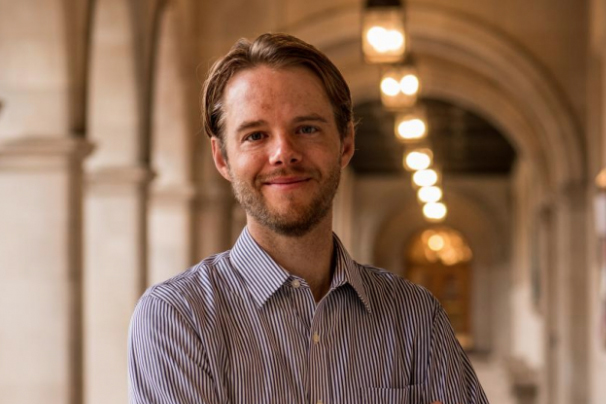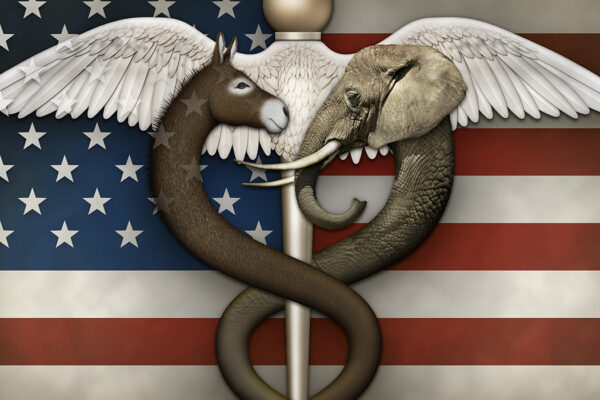A team of Washington University in St. Louis researchers — including experts in political science, sociology, mathematics and medicine — are among the first to receive an Arts & Sciences Incubator for Transdisciplinary Futures grant to study how historical border instability influences contemporary public trust and vaccine hesitancy.

The three-year project builds off previous work by David Carter, a professor of political science in Arts & Sciences. His 2022 article “Historical Border Changes, State-Building, and Contemporary Trust in Europe,” published in the American Political Science Review, found that historical border changes in Europe dating back over seven centuries continue to influence individuals’ political and social trust. In particular, the research demonstrated that in areas where borders frequently changed, individuals are, on average, less trusting of others as well as their governments.
With the $260,000 grant, Carter and Matt Gabel (political science), Michael Esposito (sociology), Jimin Ding (mathematics), and Mark Huffman (School of Medicine) will conduct surveys in Nigeria and Turkey to better understand how political instability in these countries has impacted people’s attitudes toward public health recommendations and, in particular, COVID-19 vaccines.
The importance of trust was especially evident during the COVID-19 pandemic when governments around the world encouraged citizens to follow public health recommendations and, later, vaccinate.
This experience inspired Carter and Gabel to look for connections between historical border changes and an individual’s willingness to heed government health recommendations. Not surprisingly, they found that the same sub-national regions throughout Europe that had been repeatedly affected by border changes — in a study of Germany, Poland and the Czech Republic — also exhibited high levels of vaccine hesitancy during the COVID-19 vaccine rollout.
With the new project, they will turn attention to Nigeria and Turkey, which have experienced considerable political instability and have not been covered in previous studies.
“Our goal is to build upon our understanding of how trust deficits with deep historical roots ultimately impact public health outcomes,” Carter said. “Understanding the historical and structural factors underlying individual-level mistrust will ultimately help governments improve outreach and outcomes.”


